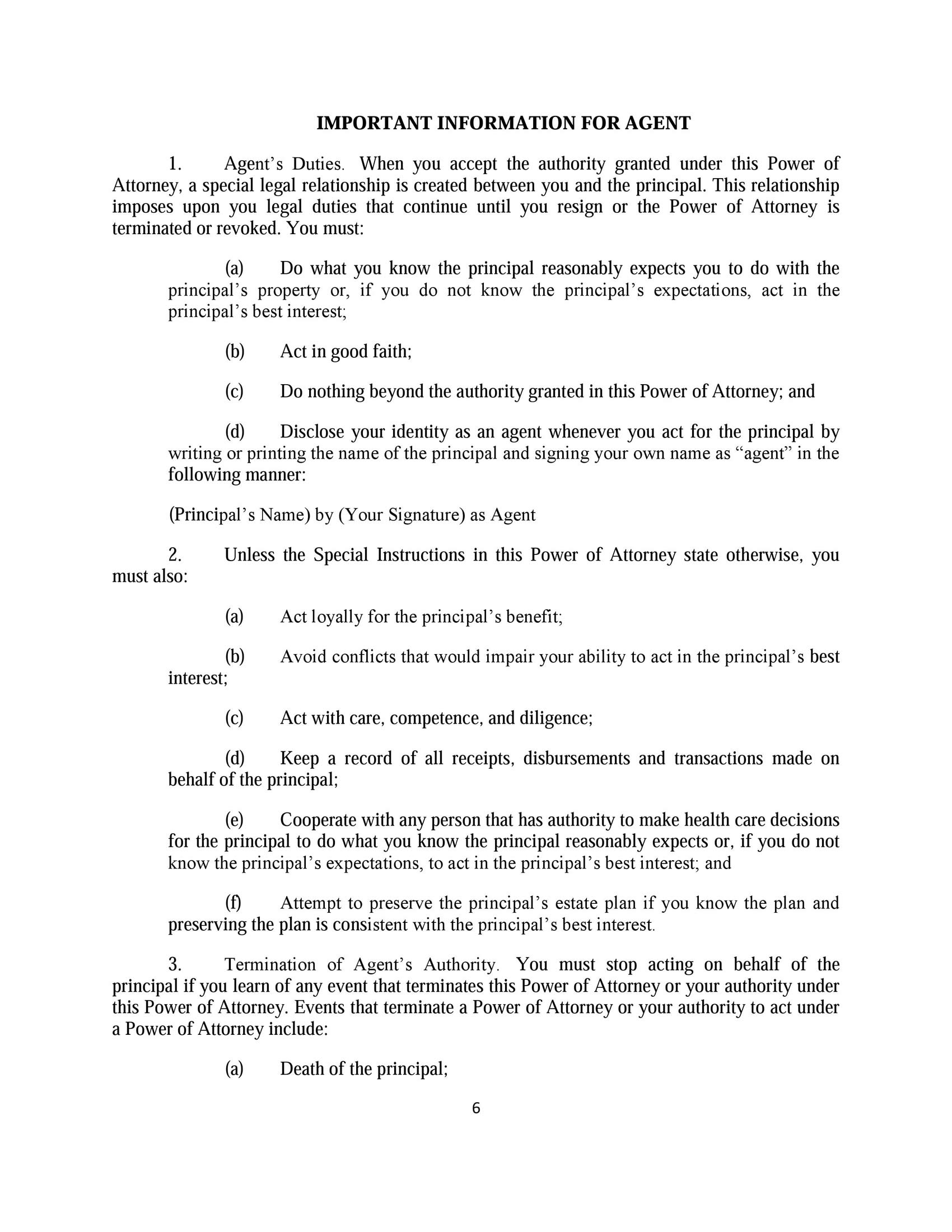6 Easy Facts About Estate Planning Attorney Described
6 Easy Facts About Estate Planning Attorney Described
Blog Article
Facts About Estate Planning Attorney Revealed
Table of ContentsThe Buzz on Estate Planning AttorneyAn Unbiased View of Estate Planning AttorneySome Ideas on Estate Planning Attorney You Should KnowThe 30-Second Trick For Estate Planning Attorney
Government estate tax obligation. The trust fund must be irreversible to prevent taxes of the life insurance proceeds, and it commonly called an irrevocable life insurance depend on (or ILIT).After performing a trust fund agreement, the settlor ought to make certain that all possessions are correctly re-registered in the name of the living trust. If possessions (specifically greater value possessions and realty) continue to be outdoors of a trust fund, after that a probate case may be necessary to move the property to the trust fund upon the fatality of the testator.
Beneficiary classifications are taken into consideration circulations under the regulation of contracts and can not be changed by statements or stipulations outside of the contract, such as a stipulation in a will. In the USA, without a beneficiary statement, the default provision in the contract or custodian-agreement (for an individual retirement account) will use, which may be the estate of the owner causing higher tax obligations and additional fees.
There is no commitment to preserve the contingent recipient assigned by the individual retirement account owner. Numerous accounts: A plan owner or pension owner can designate numerous beneficiaries. Retirement strategies governed by ERISA supply defenses for spouses of account owners that prevent the disinheritance of a living partner. Mediation serves as an option to a full-scale lawsuits to settle conflicts.
The 3-Minute Rule for Estate Planning Attorney
Since of the prospective disputes associated with blended households, step siblings, and numerous marital relationships, developing an estate strategy with mediation enables individuals to challenge the concerns head-on and design a strategy that will certainly reduce the possibility of future family dispute and fulfill their economic goals., wills are governed by the Wills Act 1959 (Estate Planning Attorney).
158) applies. The Wills Act 1959 and the Wills Ordinance puts on non-Muslims only. Section 2( 2) of the Wills Act 1959 states that the Act does not relate to wills of individuals professing the religion of Islam. For Muslims, inheritance will certainly be controlled under Syariah Legislation where one would need to prepare Syariah certified Islamic instruments for sequence.
In Malaysia, an individual composing a will should follow the rules mentioned in Section 5 of the Wills Act 1959 in order for the will to be valid and efficient. Under the Wills Act 1959, the youngest age to write a Will is when he/she is 18 years of ages, whereas for Sabah, it is 21 years old.
At the time of signing, he has to not be under duress or excessive impact. In enhancement, when the Will is signed by the testator, there must be at the very least 2 witnesses that are at the very least 18 years old, of sound mind and they are not visually damaged. The role of the witnesses is only to confirm that the testator signed his/her check my reference Will.
The smart Trick of Estate Planning Attorney That Nobody is Talking About
No will shall be valid unless it remains in creating and carried out in the manner given in area 5( 2) of the Wills Act 1959. Testator needs to be at the age of bulk. The testator needs to be at the very least 18 years of ages as stated under the Age of Bulk Act 1971 in Peninsular Malaysia and Sarawak, whereas in Sabah, the age of majority is 21 years of ages as stated under Area 4 of the Wills Regulation 1953.
The view it Will needs to be confirmed by 2 or more witnesses in the visibility of the testator and each other. A recipient or his/her spouse can not be a witness to the will. No recipient or his/her spouse will certainly be qualified to receive any type of develop, heritage, estate, passion, gift or visit if the beneficiary or his/her spouse is the attesting witness to the will. The testator should be of 'reason' ("testamentary capability") as given by Section 3 of the Wills Act 1959. If the testator is ill or of old age, it is advisable to acquire a letter from the physician stating that the testator is of audio mind and not under the influence of any medication. Writing a new will: only the most up to date will would be recognised as the valid one by the courts Statement handwritten of an intention to withdraw the will: the testator makes a composed declaration regarding their intention to revoke the will. The said declaration has to be authorized by the testator in the visibility of 2 witnesses.
Deliberate damage: pursuant to Area 14 of the Wills Act of Malaysia a will certainly can be charred, split or otherwise intentionally destroyed by the testator or a third event in the existence of the testator and under their direction, with the purpose to revoke the will. If a person passes away without a will, the Distribution Act 1958 (which was modified in 1997) my company applies.
Estate Planning Attorney - Questions

"Estate Preparation, Disability, and the Long Lasting Power of Lawyer". South Carolina Legislation Testimonial. 30: 511. Retrieved 20 September 2017. Veasey, Westray B.; Craig G. Dalton Jr.; Poyner Spruill LLP (May 24, 2013). "Why You Need an Estate Plan Blog Post 2013 Tax Act". The National Legislation Review. Retrieved 26 May 2013.

Report this page